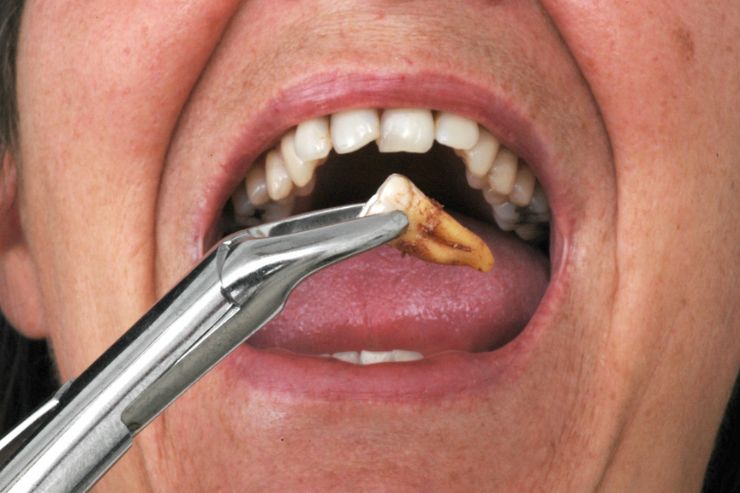Tooth Extractions

Tooth extraction is a dental procedure that involves the removal of a tooth from its socket in the jawbone. This procedure is often necessary for several reasons, including severe tooth decay, periodontal disease, overcrowding, or impaction, particularly with wisdom teeth.
Before extraction, the dentist will conduct a thorough examination, which may include X-rays to assess the tooth’s condition and its roots. Patients are typically given local anesthesia to numb the area, ensuring a pain-free experience. In some cases, sedation may be used to help patients relax, especially during more complex extractions.
After the extraction, proper care is essential to promote healing. This includes following post-operative instructions such as managing bleeding, controlling pain with prescribed medications, and avoiding certain foods and activities for a few days.
While some discomfort is normal, any signs of complications, such as persistent pain or swelling, should be reported to the dentist. Recovery time can vary but generally takes a few days to a week. Ultimately, tooth extraction is a common and safe procedure that can lead to improved oral health and relief from dental issues when performed by a qualified professional.
